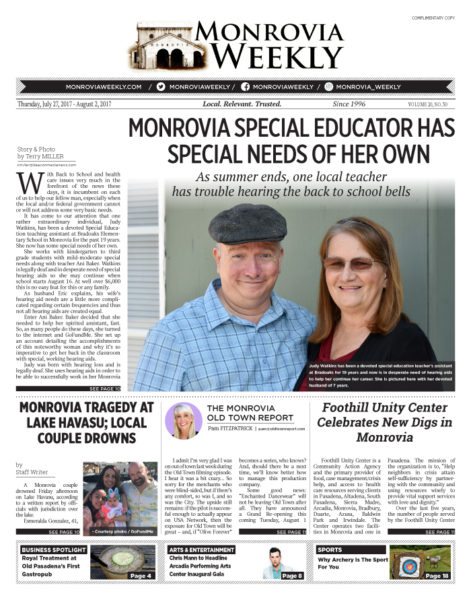
By Sadie Gribbon
With a rise in socially conscious companies, crowd funding and grammy-winning artists refusing to sign to labels, Millennials might just be the most utilitarian generation of time.
There is a deontological riddle that spews out of most every philosophy and social science professor in college; the train riddle. No, this isn’t going to be a math question.
There is a train that can’t be stopped and it is about to run over five people tied to the tracks. But, there is a lever you can pull that will shift the tracks where there is only one person tied down. Which do you choose?
Millennials pull that lever; they have a utilitarian way of thinking in which they would take matters into their own hands to save the majority by sacrificing one. While they may not be the first generation to have a more utilitarian approach, they are more ‘one for all’ as a generation than any which lie before them.
This could be because they are some of the youngest adults on the planet right now, seeing wars as children or riding through a tumultuous recession watching the generations ahead of them struggle in a spiraling economy. Here are few examples of how Millennials are attaining a higher level of utilitarianism than any generation that lie before them. From the shoes they wear to the music they listen to, Millennials have proved their right to claim utilitarianism as a stronghold in their generational qualities.
1. They love to invest in socially conscious companies that give back
Companies like TOMS, which give a pair of shoes for each pair purchased, was one of the first companies to exploit this characteristic in Millennials. To the Millennial consumer, it makes them feel like their $55 pair of shoes made a difference, thus, they made an impact on the world.
Other companies like WeWood plant a tree for each wood-based accessory they sell, hitting the environmentally conscious blood that has been bred into Millennials by way of more awareness of the impact generations before them have placed on earth through factories and emissions released into the biosphere. For a company to become successful with the largest and most diverse population on earth, they must prove that they are socially conscious and that every dollar spent isn’t in vain.
2. Using crowd funding platforms to become entrepreneurs and loosen capitalistic chains
Millennials creep closer and closer to Marxist views, using class struggle to not only analyze their society, but harnessing it as a platform for change. Through crowd funding, Millennials – and other generations who have seen it work – give what they can to a person or cause who is unable to provide for themselves.
Entrepreneurial Millennials have utilized GoFundMe to sell start-up products by asking people to donate a minimum price, guaranteeing that once they hit their goal of whatever set dollar amount, they will send the product to all who paid. This punctuates a Marxist, utilitarian mindset brought forward in this generation. Marxism pairs with utilitarianism and is the antithesis of capitalism. Using crowd funding, businesses no longer start from loans and larger corporations, but allow individuals to have their own companies without corporate pressure.
3. Millennial musicians straying away from labels; free music
Chance the Rapper and Joey Bada$ are just two examples of Millennial artists who refuse to sign to record labels. They don’t want the infringement of corporations filtering their music, their voice or their creativity. Just like most Millennials, they strive to push the limit creatively and socially in whatever genre they are in.
“I can do whatever I want,” Chance the Rapper said in an interview with Billboard. “I can do whatever videos I want, I can play whatever shows I want, I can release when I want, talk how I want, freely about any subject.”
These musicians encourage the spirit of generosity but they still make plenty of money through concerts, merchandise and special appearances.
These aspects of Millennials seem utilitarian but, like any generation prior, they use it to benefit. What differentiates their intrinsic values from others is their ability to see the whole picture, to benefit the majority of their generation.. or at least make it look that way.





